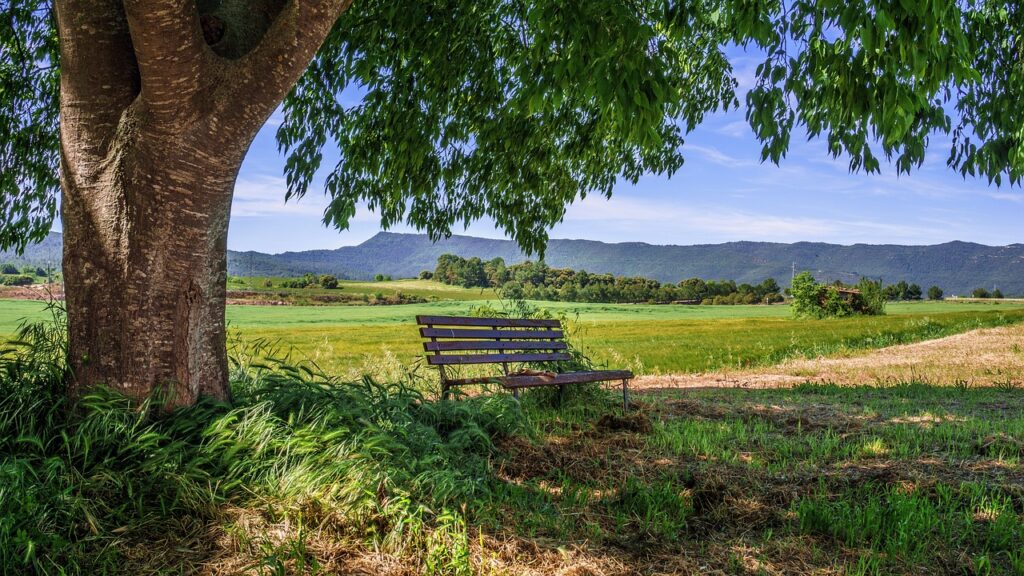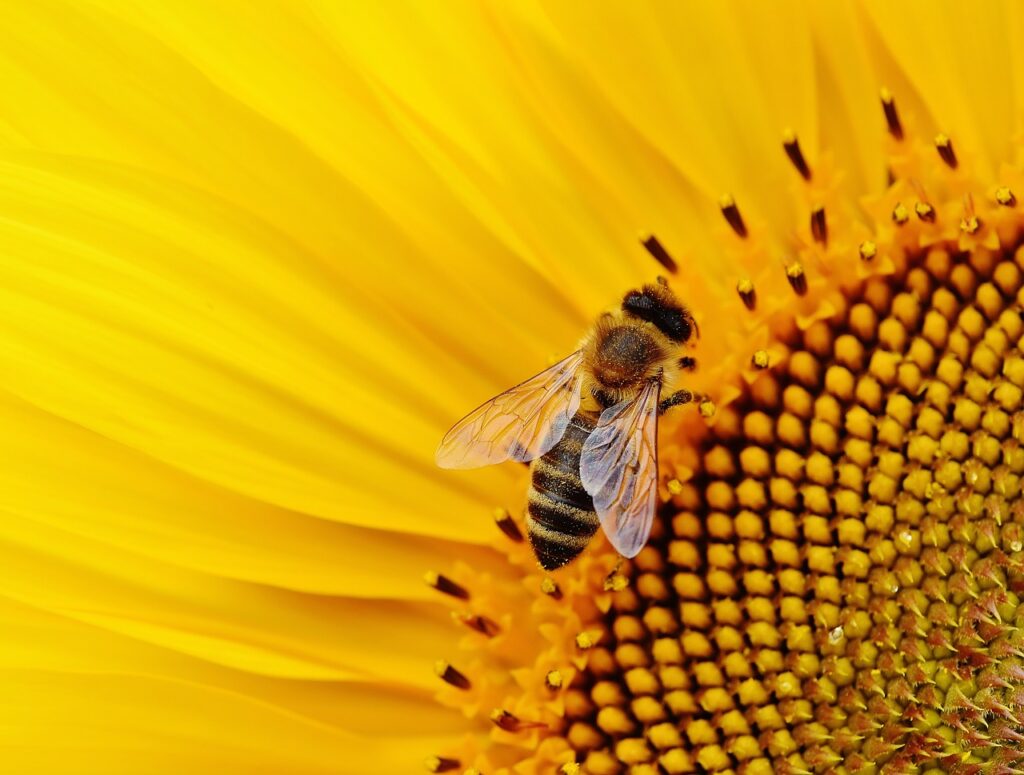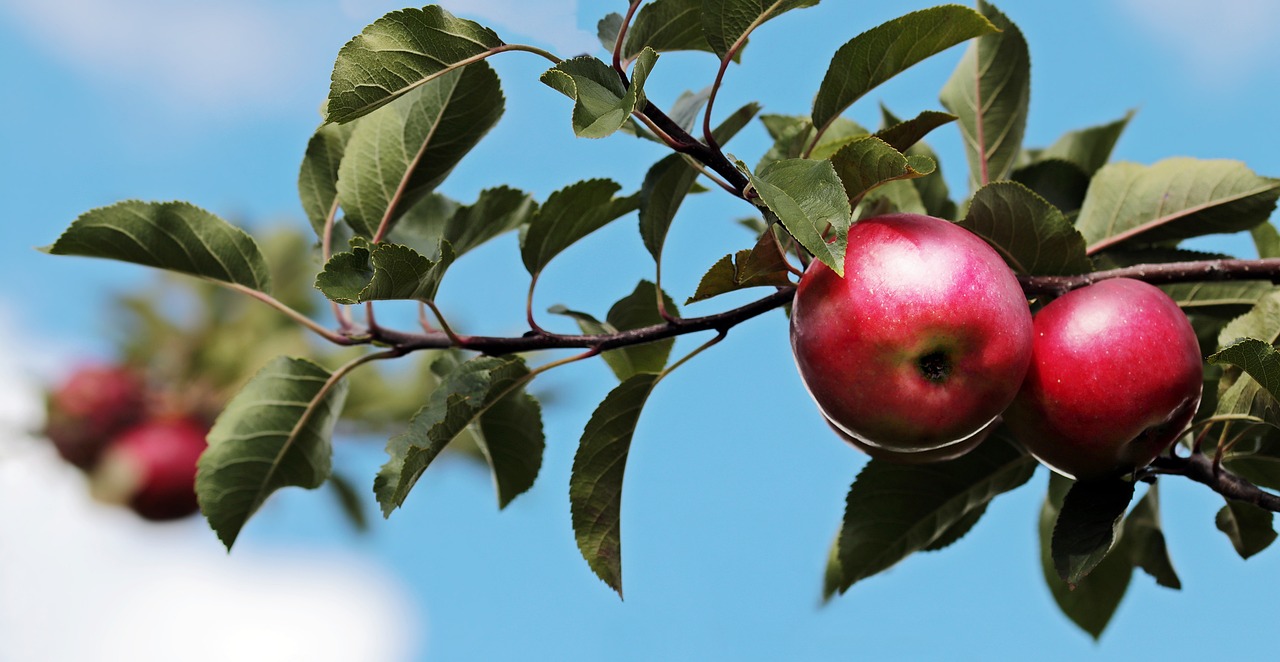Even if I knew that tomorrow the world would go to pieces, I would still plant my apple tree.
– Martin Luther
Parts of the world are definitely going to pieces.1
When I started writing this post, I was speaking in more abstract terms.
The parts of the world that were falling to pieces were further away, and they were doing so more slowly. I knew that they were there, but I was only connected enough to the stories to shake my head ruefully, wish that it were different, and mostly carry on with my life, trying to navigate at least marginally ethical choices within a set of structures that nearly precludes them.
Because what else do you do about the parts of the world that are within monitoring distance, but outside of your influence? What do you do with your seemingly infinitesimal influence faced with the gaping maw of the needs of a world in pain? Which starfish is yours to throw back in the water?
Reality is steadfastly non-linear.

We can imagine the future, but we can’t predict it, not beyond statistics. We are close enough to impact one another (enormously, as it turns out), but also, we’re so loosely connected that the impact of any individual action cannot be traced, and certainly can’t be forecast.
We do not know what comes next in the story – which is what we are really after.
This is hard for humans.
We crave predictability… we want our actions to be linearly linked to effect. I claim, in fact, that this gap between how we want the world to be and how it is is the deep tragedy of human consciousness. The illusion of control and predictability couples with the deeply chaotic nature of reality to leave us all both over- and under-invested in our actions and their outcomes.
The situation in the world today (pandemic with corresponding economic collapse, if you happen to be reading this somewhere ages and ages hence) is, make no mistake, a catastrophe. I don’t think it would be overstating it to call it a giant horrible fucking catastrophe. It’s going to be one of the things historians study, unless we fuck it up so badly that there are no historians left to study it.
The problem is that it is multiple levels of catastrophe all unfolding at the same time, because our systems are so tightly interwoven that there is no thread that can be pulled without impacting the entire tapestry.
Also, we have no back up plan.
I work in both high tech and with my hands in the soil, and my whole life has been a challenge to figure out which of the prophesies (of doom and disaster or of glories untold) is right… so far, it looks like both, and I have long feared a race to the finish line… or, more likely, the promise of human potential slipping from our grasp just as we start to understand what is possible.
I am, at core, a pessimist. Possibly a cynic.
I have a weird… um… what’s the opposite of a misanthrope? Anyway. I have a deep compassion for the suffering of the individual, and a (corresponding) lack of faith in our collective ability to make good choices. Because that very suffering makes us do dumb things, and sabotage what is possible. We are terrible at solving problems that need us all to pull in the same direction, and there is a category of problems that probably cannot be solved unless we can agree on what that direction is.
The suffering of the world breaks my heart almost every day. I can’t even start to list the things that keep me up at night, or we would never be done with this post.
I find that I have a strong affinity to Cassandra. “Bad things are going to happen! Bad things are already happening! Everywhere, all the time!!! Why won’t anybody listen?!?”
Yet, I also hold this to be true:
“Society grows great when old men plant trees whose shade they know they shall never sit in.”
– Ancient Greek Proverb (maybe)

There is an optimism to planting a tree (or starting any other project that has a long timeline, and for which you are not likely to be the primary beneficiary.) And where there is action, there is hope. It might be slim, but in taking action, something is possible.
Throwing up our hands and giving up, on the other hand, is a pretty good way to make sure that the world does fall to pieces. If we say, “Oh, there is nothing we can do in the face of this disaster,” and blithely (or stubbornly) go about our business, we pretty much guarantee that it will be much worse than it needed to be.
“This pandemic is going to kill millions of people, nothing we can do about it,” is, in fact, the path to that outcome.
If we give way to despair, we fail to hold space for something better to emerge.
And then, there is this one more thing…
What if we are wrong? What if the world doesn’t fall to pieces, but we have no more apples?
What if we leave it to others to plant the apples, but there are no others?
Or what if we stop planting apples, and grapes, and also beans and peas, and blueberries and cabbages? And then, what if it turns out that we did still need those things? That we still needed hope (as well as food?) That soylent isn’t adequate to a life worth living. That we need the beauty of biting into a ripe pear and letting the juice run down our arms? That mere existence is insufficient?
I have planted trees (many). Each of those is both an act of defiance, and a vote for hope.
If I come through the current round of chaos (which I probably will), and there is a tree and me, so much the better. And if I don’t and there is only a tree, then at least there is a tree. And possibly bees to enjoy it.
Gestures of Hope
A caution: this emphasis on trees might lead you astray.
We don’t need grand gestures; we need gestures of hope.

I can plant a flower, and the flower can feed a bee, and the bee can pollinate a plum, and the plum can ripen and become food, and the pit just might turn into a tree… but each of those moments of beauty is worthy in and of itself.
I plant the flower on its own merits, not for the sake of the tree.
There is no harm in creating beauty that might never lead to the fruition of something large.
The world is not made of grand gestures (or trees) alone.
It is made of mycelia, and ants, and elephants, and whales, and chickadees, and billions of human beings, and slugs, and viruses, and the hundred million things. It is patterns within patterns within patterns. It is fractal and chaotic, and there is beauty available at every moment.
So we nurture it. Because we need it.
- Written in month one of The Pandemic. Which I hope will not rapidly become “The First Pandemic”. ↩︎

